World leader in dialysis treatments bribed public hospital doctors in Spain
Germany-based Fresenius agrees to pay $231 million settlement in the US to avoid prosecution over corrupt practices in 17 countries
Barcelona
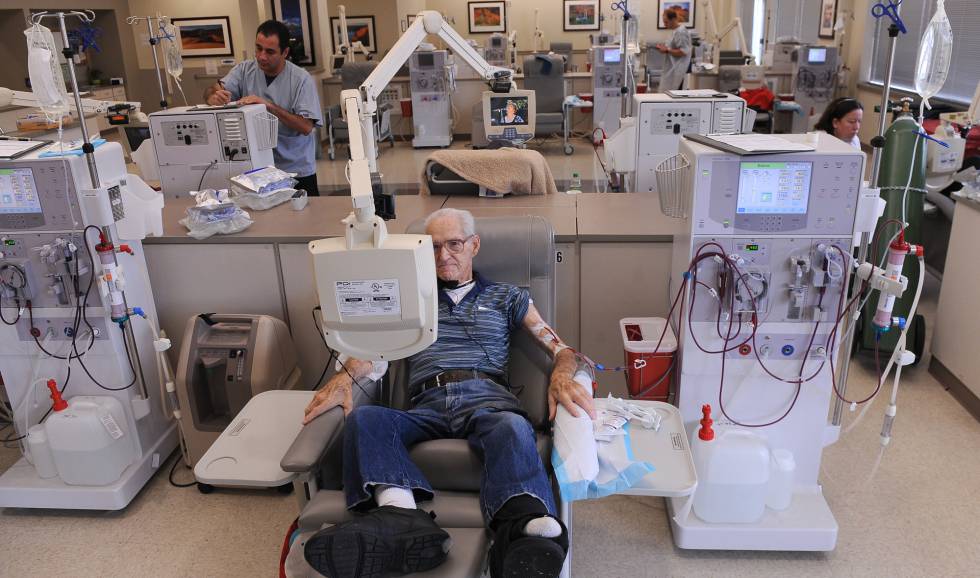
A patient receives dialysis treatment in the US. HELEN H. RICHARDSON (GETTY IMAGES)
Doctors at several Spanish state-owned hospitals accepted payments from a multinational medical company that will pay a $231 million settlement in the United States to avoid prosecution for engaging in corrupt practices in 17 countries.
Between 2007 and 2015, nephrologists from public health centers in Valencia, Almería and Barcelona, among others, took millions of euros from the Germany-based Fresenius Medical Care (FMC), a world leader in products and services for people with chronic kidney failure.
This case is very unpleasant and I feel defenseless
MARÍA DOLORES DEL PINO, DOCTOR
In exchange, the company wanted advance information about tender specifications, to have patients referred to their own clinics, or for hospitals to use FMC’s more expensive products.
“FMC made improper payments through a variety of schemes, including using sham consulting contracts, falsifying documents, and funneling bribes through a system of third-party intermediaries,” said the Securities and Exchange Commission (SEC), the US watchdog for publicly traded companies. Fresenius is listed on the New York Stock Exchange and subject to US laws.
The US Justice Department has agreed not to prosecute the company criminally for its violations of the Foreign Corrupt Practices Act in exchange for FMC paying a penalty of $84,715,273. The SEC has also ordered the company to pay $147 million to settle the civil charges.
Misconduct in Spain
In a document announcing its decision to cease proceedings against FMC, the SEC listed the forms of misconduct found in each country. In Spain, this included paying doctors for advance information about tenders, or requests to have tender specifications modified to ensure FMC would win.
FMC Spain made improper payments and provided benefits to six publicly employed doctors at a Spanish state-owned hospital
SEC REPORT
“Some of those doctors received improper payments from FMC Spain, including pursuant to consulting agreements, or other benefits such as travel to medical congresses, trips to the United States, donations to fund projects for the doctors, and gifts,” reads the document.
Because it is an agreement between the parties, doctors’ names were omitted from the document. But an investigation by EL PAÍS has found that one of them is María Dolores del Pino, the president of the Spanish Nephrology Society, and until recently the head of the nephrology department at Torrecárdenas Hospital in Almería.
Del Pino was removed from her position on April 12, two weeks after the SEC released its document detailing how she – described as “Doctor B” – received payments as well as travel sponsorships and gifts in exchange for support for FMC Spain, which was seeking to obtain “60% of the adjudication of a 2015 tender at a state-owned hospital in Torrecardenas.”
A LARGE-SCALE PROBE
The investigation began in 2012 thanks to a whistleblower who threatened company officials to go to the US authorities.
FMC also engaged in misconduct in Morocco, China, Turkey, Serbia, Mexico and Saudi Arabia, among others.
The doctor denies the allegations. “This case is very unpleasant and I feel defenseless,” she said. “Anyone who knows how the tender system works in Andalusia will know that my power over it was nil.” A spokesperson for the Andalusian government said they have launched an internal investigation.
Another doctor identified by EL PAÍS is Juan José Galán, head of the nephrology department at the General Hospital of Valencia. The SEC mentions a state-owned hospital in Valencia that held a tender in 2011. “FMC Spain provided Doctor A with draft tender technical specifications and improvements, a draft scoring methodology, and proposed scores to win the tender,” reads the SEC report.
In other cases, “FMC Spain made improper payments and provided benefits to six publicly employed doctors at a Spanish state-owned hospital. FMC Spain acquired a clinic owned by the doctors and then paid them 5% of all subsequent sales. In total, FMC paid the doctors over $3 million.” As for the alleged consulting work, “payment ranged from $16,000 to approximately $187,000 per year.”
English version by Susana Urra.
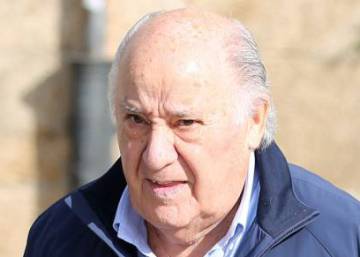
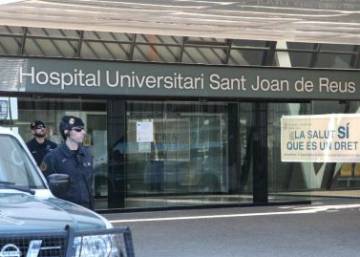
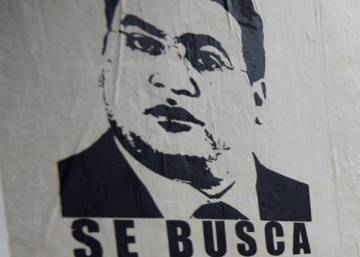
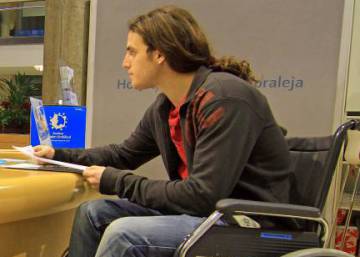





















.png)









No hay comentarios:
Publicar un comentario